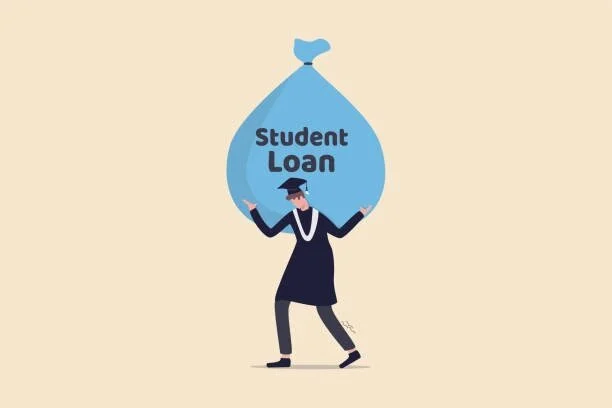Two members of the Future Caucus, Reps. Adam Kinzinger (IL-16) and Stephanie Murphy (FL-07), are advancing the national conversation around student debt while providing support for borrowers through HR2983, the Readily Ending Debt Under Corporate Engagement or REDUCE Act. The bill was introduced on May 6th, 2021 and would help minimize student debt by allowing employers and employees to take full advantage of tax-free repayment provisions originally established within the CARES Act. The bill is active and has been referred to the House Committee on Ways and Means.
The legislation aims to strengthen the debt repayment provision included in the CARES Act and raise awareness among employers and employees to encourage its use. Doing so will give borrowers an improved pathway to reduce their student debt burdens and provide employers a tax-advantaged way to support their employees.
There are currently 42.9 million borrowers who in total owe about $1.6 trillion in federal student loan debt. Throughout the COVID-19 pandemic, many of these borrowers were unable to keep up with repayment, instead using their money for rent, food, and more imperative needs. The CARES Act aimed to ameliorate this situation by implementing a temporary suspension on payments for federal student loans until September 2021.
Rep. Kinzinger said of the bill: “I’m proud to take on this critical issue with my colleague Representative Murphy. The REDUCE Act will provide a simple adjustment to the tax code providing employees with a stronger tool to pay off their student loan debt faster,” while Rep. Murphy added: "I’m proud to co-lead this bipartisan bill with Congressman Kinzinger to give student loan borrowers another tool to alleviate this burden."
Prior to the 117th Congress both Reps. Kinzinger and Murphy have supported efforts to address the student debt crisis. Notably, Rep. Kinzinger supported the Bipartisan Student Loan Certainty Act of 2013, which stopped the rate on federally backed Stafford loans from doubling to 6.8 percent from 3.4 percent on July 1, 2013. The bill passed with overwhelming bipartisan support.
In the 117th Congress federal lawmakers are considering a number of ways to improve prospects for burdened borrowers, including bipartisan HR4145 which would create a matched saving program for low-income borrowers, as well as the recently introduced and bipartisan FRESH Start Through Bankruptcy Act. This bill, introduced by Sen. Durbin (D-IL) and Sen. Cornyn (R-TX), would make federal student loans eligible for discharge in bankruptcy proceedings 10 years after initial payment is due and provide more support for borrowers to pay back their loans.
The REDUCE Act is a targeted, common sense solution that would move efforts to assist student borrowers in the right direction. Finally, by incentivizing employers to assist in repayment of debts, the bill could help build solidarity and an inclusive workplace across the country in a time of disruption and uncertainty.
To learn more about the specifics of this legislative effort, or to hear about MAP’s resources on the Future of Work, please reach out to policy@millennialaction.org.

